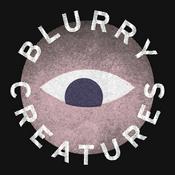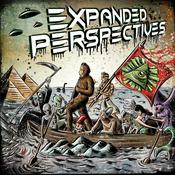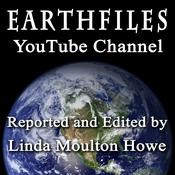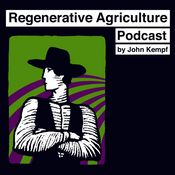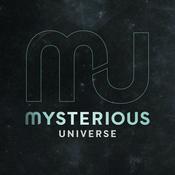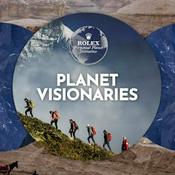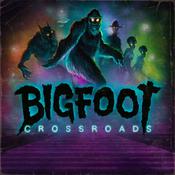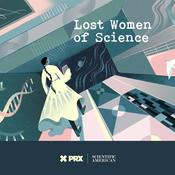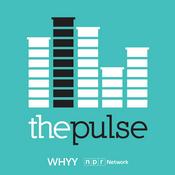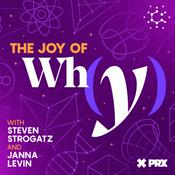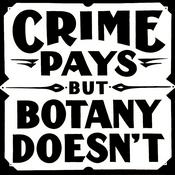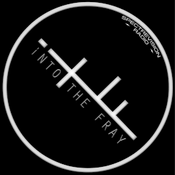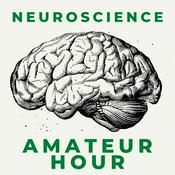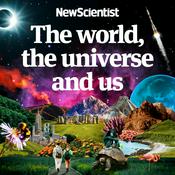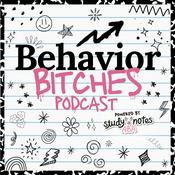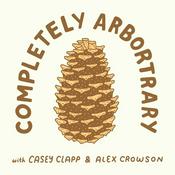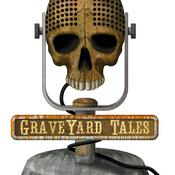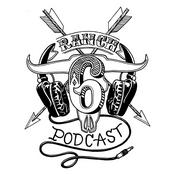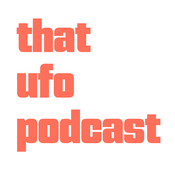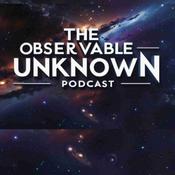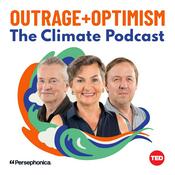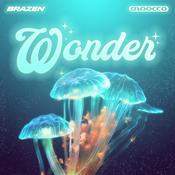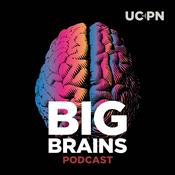81 episodes

80 | Why greatness cannot be planned with Kenneth Stanley
12/29/2025 | 31 mins.
Ken Stanley is a highly regarded researcher in machine learning and artificial intelligence. After leaving his professorship at the University of Central Florida, he cofounded Geometric Intelligence (now Uber AI Labs), and he is now Senior Vice President of Open-Endedness at LilaSciences. In this episode, Ken explains why ambitious objectives often backfire: the real stepping stones to breakthrough discoveries rarely look like progress toward the goal, so a direct pursuit can blind us to the opportunities that matter most. Together, we connect these ideas to night science, scientific intuition, and the pressure to justify research with hypotheses and deliverables, and we argue for a healthier system that funds exploration, curiosity, and the creation of new “playgrounds” for discovery. The Night Science Podcast is produced by the Night Science Institute. For more information on Night Science, visit night-science.org .

79 | Maria Leptin and creativity in grant writing
12/08/2025 | 30 mins.
Maria Leptin is the President of the ERC, the European Research Council, and Professor of genetics at the University of Cologne. In this episode, Maria describes her own path as one driven by observation and curiosity rather than long-term planning, and discusses why small, intellectually vibrant institutes often outperform large labs. We discuss how funding agencies can better support bold ideas, and we explore how to evaluate creativity in grant proposals and why a focus on feasibility can stifle innovation. We also consider the role of grant writing in shaping ideas, the differences between academia and industry, and the importance of stable yet non-complacent careers.The Night Science Podcast is produced by the Night Science Institute. For more information on Night Science, visit night-science.org .®

78 | Stephen Nachmanovitch on free play and chivalry
11/10/2025 | 38 mins.
Stephen Nachmanovitch is a musician celebrated for his free improvisations, and an educator whose books Free Play and The Art of Is have become classics on the creative process. With his training as an ecologist and his PhD in the history of consciousness, Stephen brings a unique philosophical view on art, science, and life to the podcast. In our discussion, Stephen reflects on how creativity is not a thing but a living process: the art of IS. He draws connections between artistic and scientific practice, emphasizing how both depend on careful attention to the world, openness to mistakes, and dialogue across perspectives. We discuss how fear of error inhibits creativity, and how improvisation can free us from perfectionism. We also touch upon the importance of chivalry in dialogue, the art of advancing each other’s ideas rather than blocking them. The Night Science Podcast is produced by the Night Science Institute. For more information on Night Science, visit night-science.org .

77 | Akiko Iwasaki and the art of creativity maintenance
9/22/2025 | 40 mins.
Akiko Iwasaki, a Yale professor and Howard Hughes Investigator, was named one of Time Magazine’s 100 most influential people in 2024. Together, we reflect on how diverse backgrounds enrich research, allowing people to discover different things in the same data. Akiko explains how leading large collaborations requires managing expectations, not micromanaging the research. She compares her work of studying complex conditions to solving multilayered puzzles: each new piece of evidence must be placed in the right layer for the bigger picture to emerge. And she jokes about her own “terrible hairball analogy” and how, at the center of that mess, she searches for hidden gems.The Night Science Podcast is produced by the Night Science Institute. For more information on Night Science, visit night-science.org .

76 | Can Google’s Co-scientist project give scientists superpowers?
9/08/2025 | 39 mins.
To answer this question, we speak with Dr. Alan Karthikesalingam and Vivek Natarajan from Google DeepMind about their groundbreaking AI co-scientist project. Beyond their work at Google, Alan is an honorary lecturer in vascular surgery at Imperial College London, and Vivek teaches at Harvard’s T.H. Chan School of Public Health. Together, we discuss how their system has evolved to mirror parts of human hypothesis generation while also diverging in fascinating ways. We talk about its internal “tournaments” of ideas, its ability to be prompted to “think out of the box,” and whether it becomes too constrained by the need to align with every published “fact”. And we discuss how we still seem far away from a time when AI can not only answer our questions, but can ask new and exciting research questions itself.The Night Science Podcast is produced by the Night Science Institute – for more information on Night Science, visit night-science.org .
More Science podcasts
Trending Science podcasts
About Night Science
Listen to Night Science, Something You Should Know and many other podcasts from around the world with the radio.net app
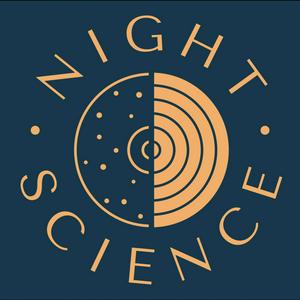
Get the free radio.net app
- Stations and podcasts to bookmark
- Stream via Wi-Fi or Bluetooth
- Supports Carplay & Android Auto
- Many other app features
Get the free radio.net app
- Stations and podcasts to bookmark
- Stream via Wi-Fi or Bluetooth
- Supports Carplay & Android Auto
- Many other app features


Night Science
download the app,
start listening.




